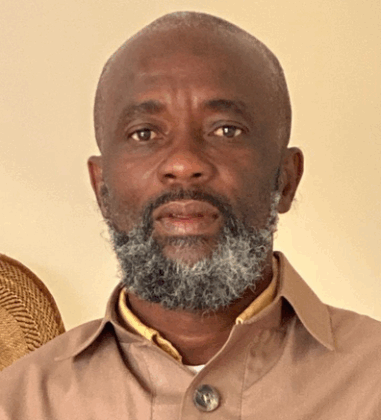“If you want to go fast, go alone; but if you want to go far, go together.” – African proverb
One of the most overlooked conversations about developing the African continent is the need for the middle class to transcend its narrow self-interest to become architects of a just, dynamic, and interconnected continent. If history has taught us anything, it is that no future is preordained.
They are always forged from the choices of its citizens, especially the middle class, who by virtue of their possession of education, resources, and mobility, occupy a space to bring about that harmony. In every society, it is the middle tier that anchors cultural identity, sustains the economy, and embodies the tension between personal advancement and communal responsibility.
Interestingly, the middle class of our continent prefer a love of comfort, and foreign validation of their statuse. It is no secret that the majority of the members of that class have found a way of retreating into private enclaves that insulate them from the struggles of the poor and disengage from public discourse. Their sin is not only by omission, but by withholding their vocation to steward the politics.
They are clueless, not just about nationalism, but also about the ordered love of neighbour, that is best expressed through civic responsibility, economic participation, and cultural pride is missing from their aspirations. In its stead, they have a holy love for foreign traditions, languages, and the spending of their wealth in the economies of nations.
It is true that navigating a complex, globalised world while forging a modern African identity can be significantly challenging. The African middle class must contend with the economic costs of their aspirations, the psychological weight of potential cultural dissonance, social pressures surrounding their authenticity and elitism, and the lingering legacy of colonialism.
These complexities are not easily defined or resolved, resulting in a tension that requires constant negotiation between global citizenship and local roots, between aspiration and affordability, and between personal preference and collective identity. It is a tension that has become a defining feature of the contemporary African middle-class experience.
We know the ability to creatively resolve these tensions will significantly shape Africa’s cultural and economic future. But how can we stop consuming foreign media, fashion, food, and lifestyles when they are a lot cheaper than the authentic African substitutes? Many in that class are conflicted inside because they know their actions and inactions are contributory factors to undervaluing their own rich heritage. centuriesy aspects of their local culture is not as backward as has been framed over the centuries, but without economies of scale to make them competitive, they feel powerless to make any difference.
Despite the challenges, one of the most promising aspects of modernity is the widespread availability of knowledge that can be leveraged to re-culture and rebuild any society to achieve its greatest potential. At the very least, we recognize that building a society is akin to shepherding people, requiring thoughtful guidance and leadership.
The time has come for the middle class to embrace its role and serve as exemplary agents of reform. Rather than merely behaving as spectators and consumers, they should set examples through their presence in both private and public service, education, innovation, and law, embodying creativity, discipline, transparency, and patriotism.
The time has come for the African middle class to not merely to succeed, but to stand up for Africa. The continent can no longer tolerate their whispering of reform from behind gated walls, nor can they simply outsource their civic courage to the desperate poor or exhausted activists.
Instead, She expects them to rise with prophetic boldness, fueled not by anger, but by moral clarity. For silence in the face of poverty, sicknesses, and justice is collaborating with the oppressor whilst dressed in civility. The middle class should understand that their studies and travels give them a powerful voice, which should not be used to boast about achievement, but to bless the motherland with wisdom and truth.
It is time for the middle class to also hold their peers to accountability. They should speak against the accountant who pads contracts, the politician who feeds on tribal division, the pastor who preaches wealth and neglects the poor amongst his flock, and many other injustices.
We must understand that if those of us who know better, prefer to be silent about our underdevelopment, then our societies will be ruled by noise, manipulation, and fear. Let us always remember that adage that those who are silent when they should be protesting are not innocent. As a matter of fact, we are guilty of strengthening the evil eating up our societies…
__________________________________________________________________
Kodwo Brumpon is an executive coach at Polygon Oval, a forward-thinking Pan African management consultancy and social impact firm driven by data analytics, with a focus on understanding the extraordinary potential and needs of organisations and businesses to help them cultivate synergies, that catapults into their strategic growth, and certifies their sustainability.
Comments, suggestions, and requests for talks and training should be sent to him at [email protected]










